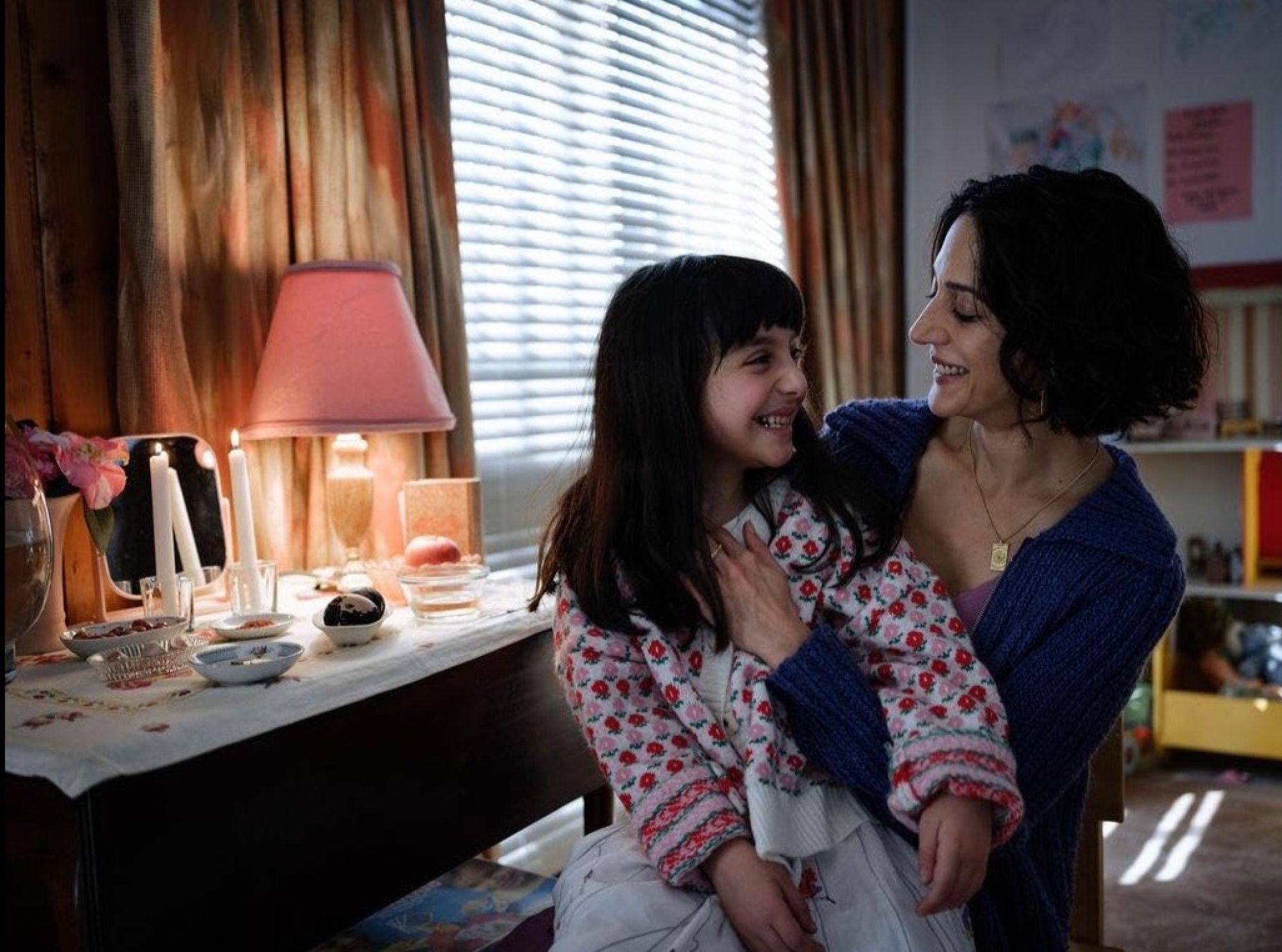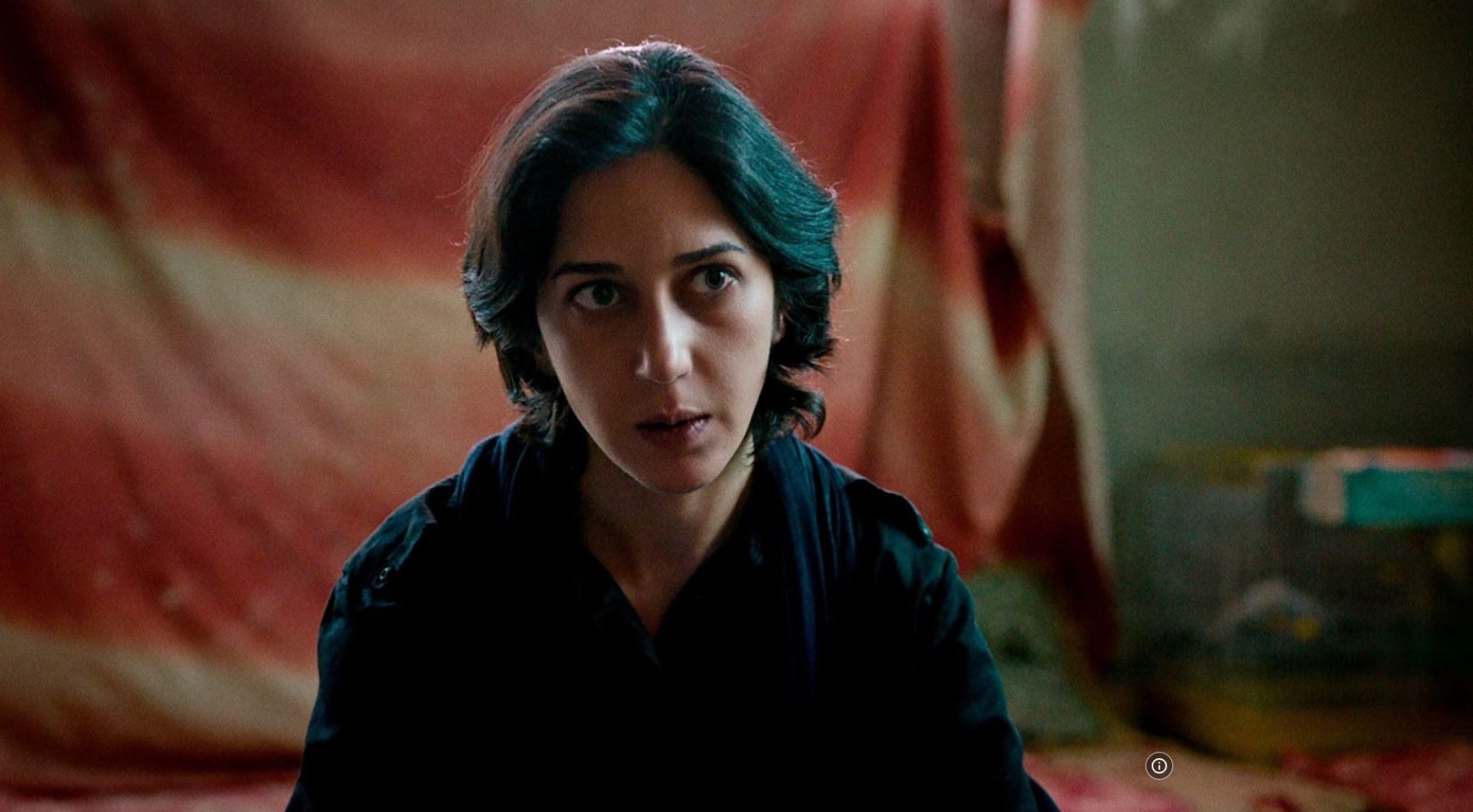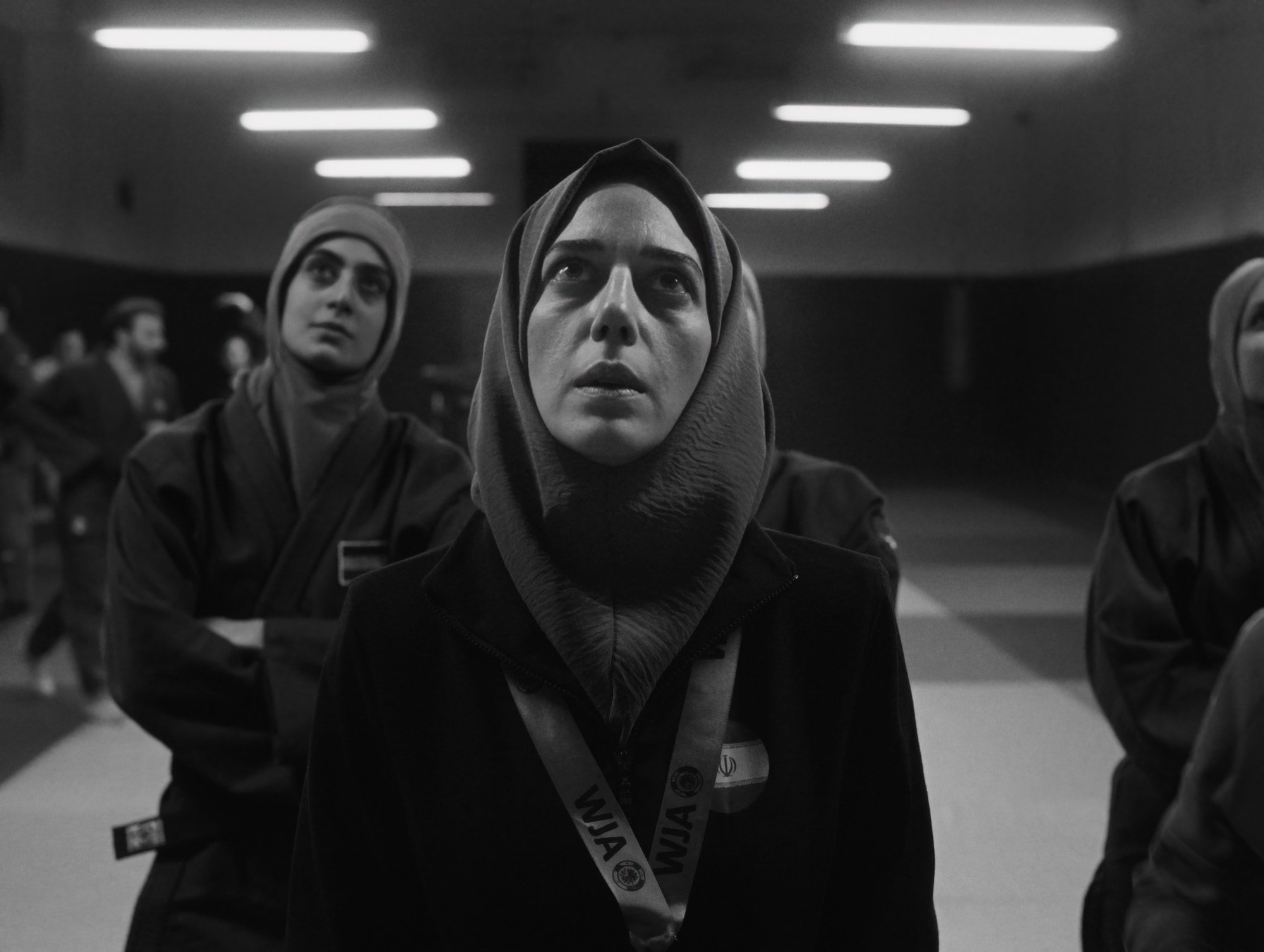
Iranian-French actress Zar Amir Ebrahimi on her films that take aim at Iran’s regime, and advocating for women’s rights
- Cannes 2022 best actress Zar Amir Ebrahimi says she and other exiled Iranians are telling the truth about Iran’s regime: ‘We have become a nightmare for them’
- She was recently at the Hong Kong International Film Festival, which showed Shayda, in which she stars, and Tatami, which she co-directed and acted in
The life of Iranian-French actress Zar Amir Ebrahimi has all the elements of a compelling biopic.
For years she was a famous face in Iran thanks to her starring role in the hit TV series Nargess. That all came crashing down when an intimate video of her and her then boyfriend was leaked.
A smear campaign followed. Sex outside marriage is illegal in Iran and in 2008, on the day she was due in court – where she faced up to 10 years in prison and 100 lashings – she fled Iran for France.
“If I return to Iran then I would be arrested at the airport,” says Ebrahimi during an interview in Hong Kong at the Mira Hotel in Tsim Sha Tsui.

Ebrahimi was in Hong Kong this month as part of the 48th Hong Kong International Film Festival (HKIFF), which included a screening of Shayda, for which Ebrahimi plays the titular role.
Shayda is the story of an Iranian woman living in Australia who flees her controlling husband and, with her daughter, seeks refuge in a women’s shelter.
No Bears: Venice jury prizewinner whose director was in prison at the time
The film is the directorial debut of Iranian-Australian director Noora Niasari and the story is based on the experiences of Niasari’s mother.
The festival also showed Tatami, the story of a young Iranian judo star embroiled in an international political incident. Ebrahimi co-directed the film with Israel’s Guy Nattiv and also had a role in it.
Both films follow in the footsteps of the intense crime thriller Holy Spider, which earned Ebrahimi the best actress award at Cannes in 2022.
In that film, directed by Iranian-Danish filmmaker Ali Abbasi, Ebrahimi plays a journalist who goes undercover as a prostitute to investigate a serial killer. The story is based on the real-life case of Saeed Hanaei, who murdered 16 women sex workers from 2000 to 2001 in Iran’s holy city of Mashhad.
Those who were involved in Holy Spider, which was filmed in Jordan, paid a huge price, Ebrahimi says.
“They can’t work in Iran any more. They took this very big risk, but I think they are proud.”

Ebrahimi founded her production company, Alambic Production, in 2022, and her career is very clearly on the up.
“For years I did not appear in front of the camera because in France, I didn’t know anyone and I needed time to learn the language and adjust to a new culture, a new country … everything,” she says.
A common thread running through her films is what happens to those who defy Iran’s strict laws. Advocating for the rights of Iranian women also runs deep.
They don’t want us to tell the truth, to show the reality … we have become a nightmare for them
This is why cinema is such an important platform, Ebrahimi says: it provides a window into different cultures and allows people to tell important stories.
“It’s nice to see people connect with these stories.”

During her time in France, Ebrahimi has connected with other exiled Iranians who, she says, are also bravely telling the truth about the Iranian regime.
“We are all doing this political stuff and telling stories that they don’t want the whole world to hear. They don’t want us to tell the truth, to show the reality,” she says.
“At some point, you can’t forget about your voice and we have become a huge one – and we have become a nightmare for them.”

